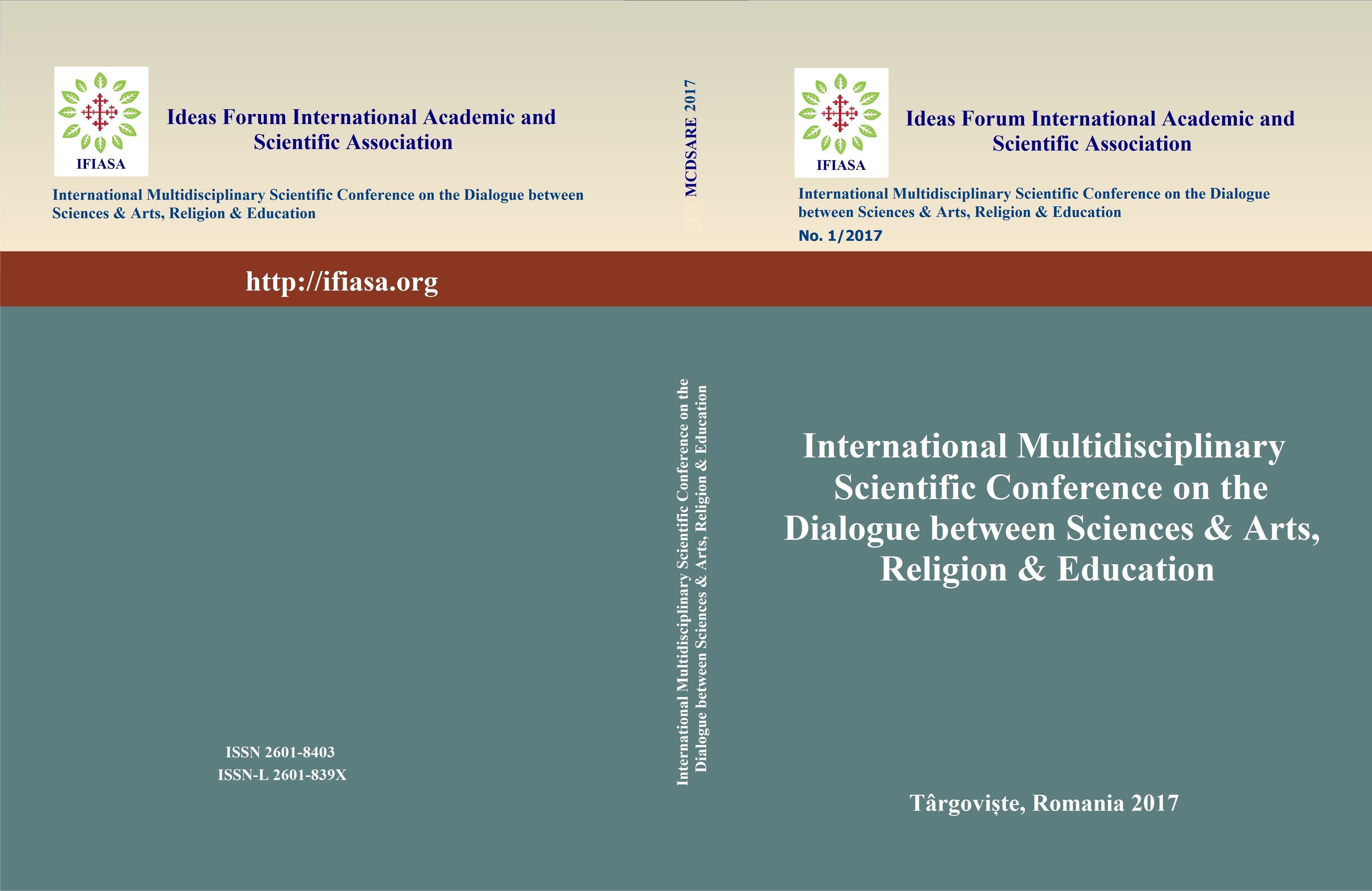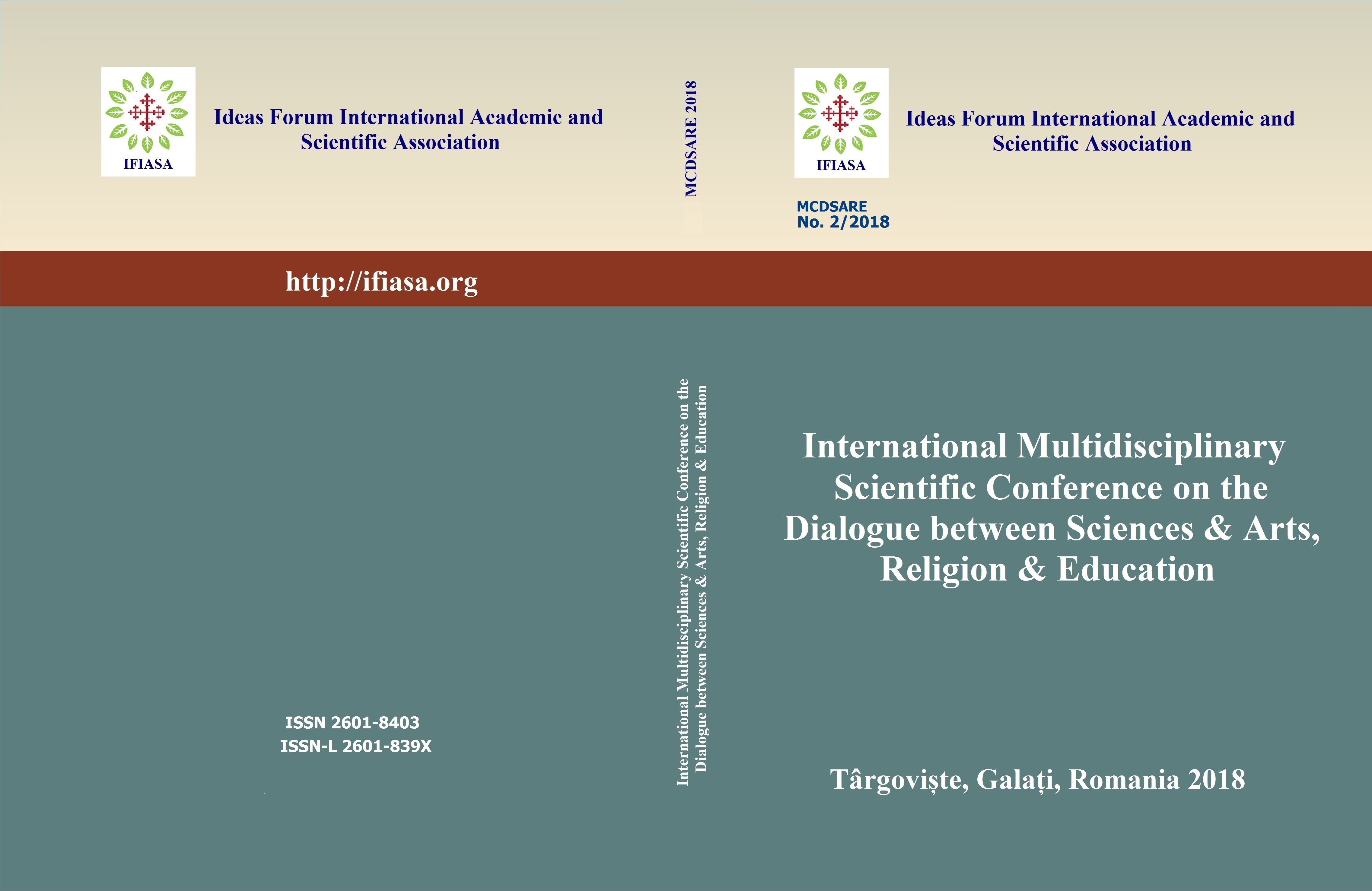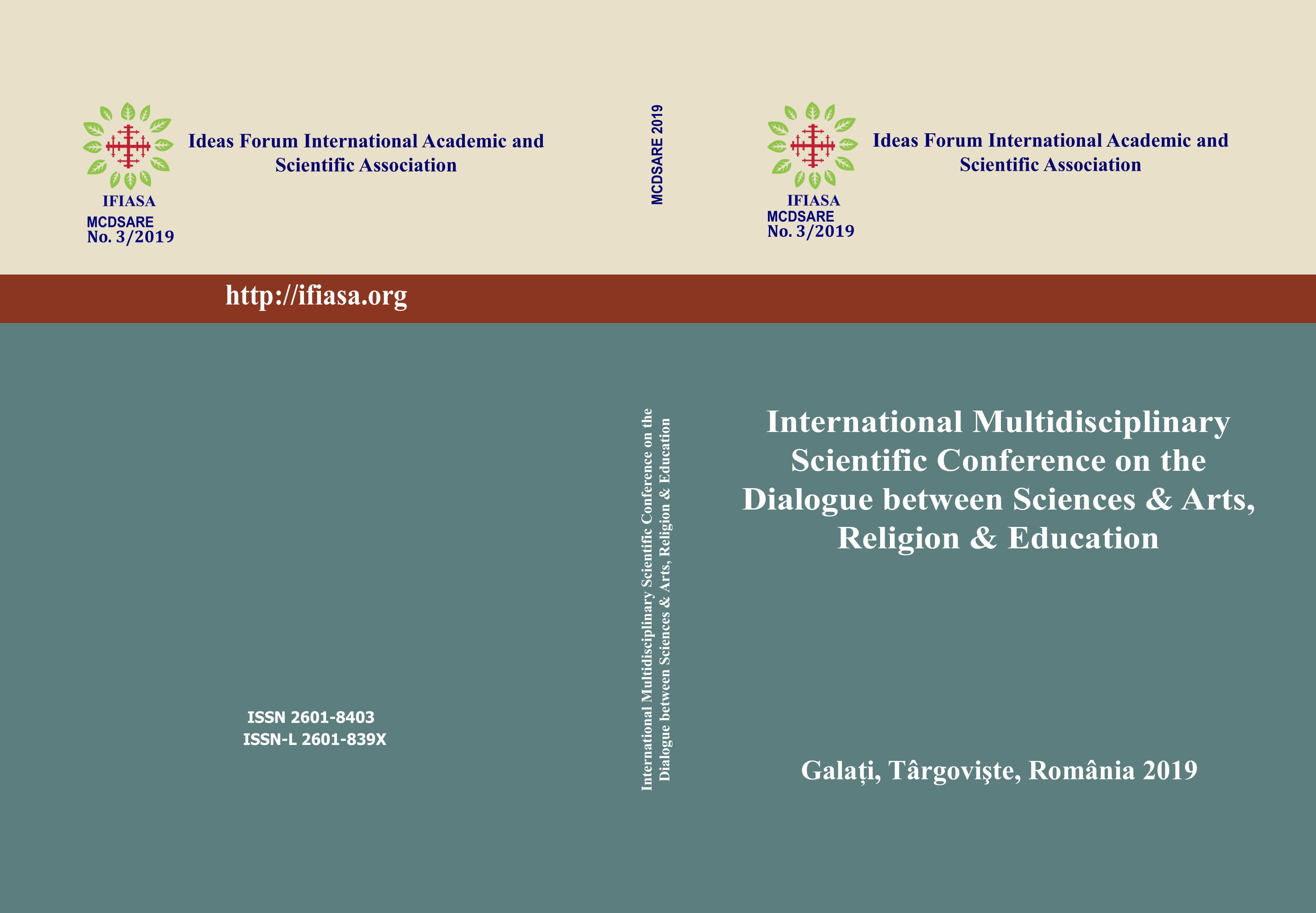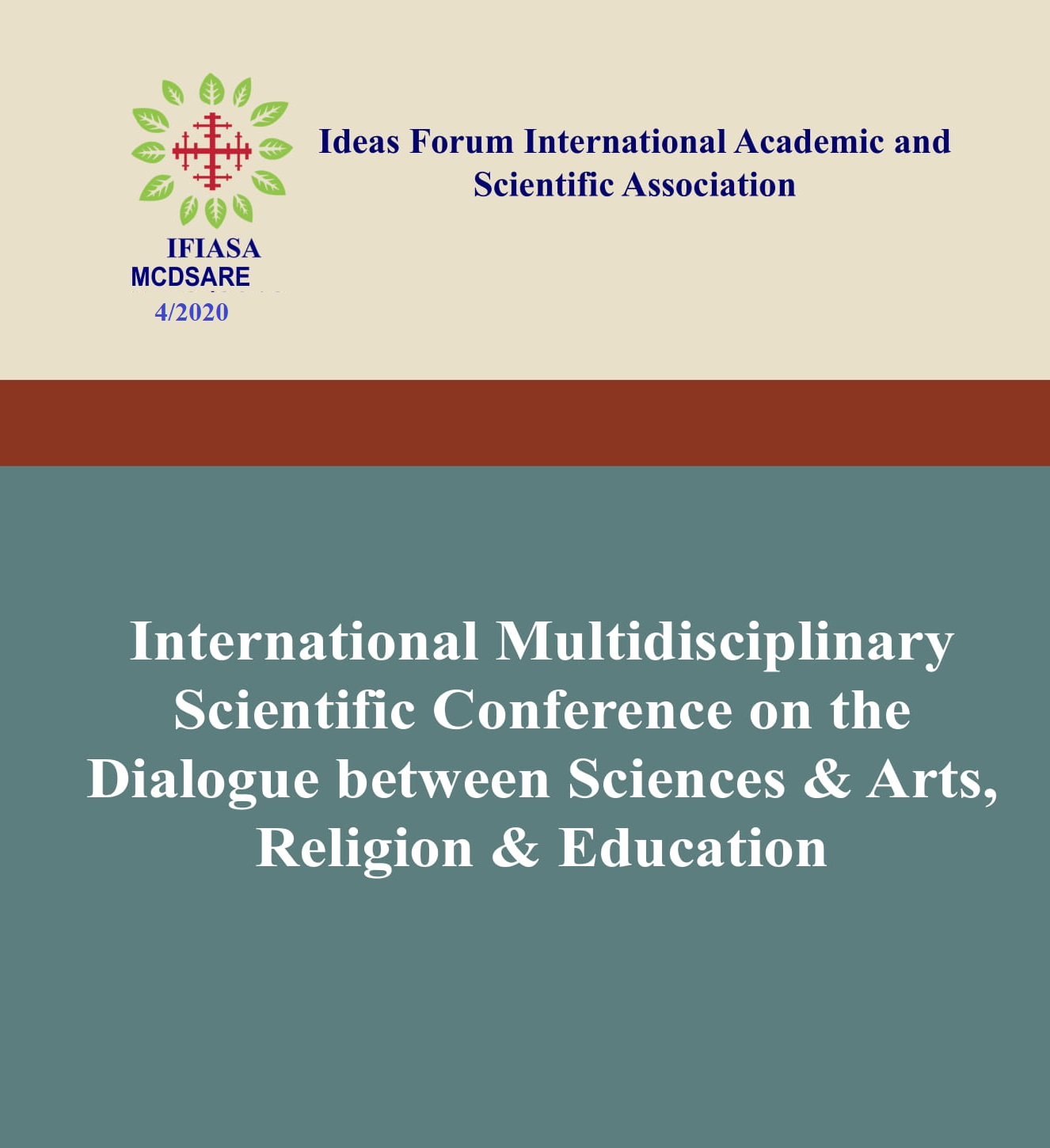
THE TOPOLOGICAL SPACE IN GOD`S MIND
THE TOPOLOGICAL SPACE IN GOD`S MIND
Keywords: topological and metaphysical situation; God`s Mind; thinking; creativity;
In this article, I try to develop my thesis presented in the first volume of the IJTPS, according to whichthe possible worlds constitute "points" in the Mind of God. From this infinity of points which are possibleworlds, the Divine Logos chooses the best of possible worlds - according to the Leibzian thesis -, and thischosen possible world must pass, through the action of the Divine Logos (the metaphysical causation),from the status of dimensionless point to the mathematical continuum that structure the physicalmathematicalWorld. However, before being recognized as a mathematical structure capable of being thebackground of the physical phenomena, the mathematical continuum that emerges from the best possiblepossible world passes through its stage of pure topological space situated in the Divine Logos, and it isthis topological and metaphysical situation that will be covered here in this article.
More...


